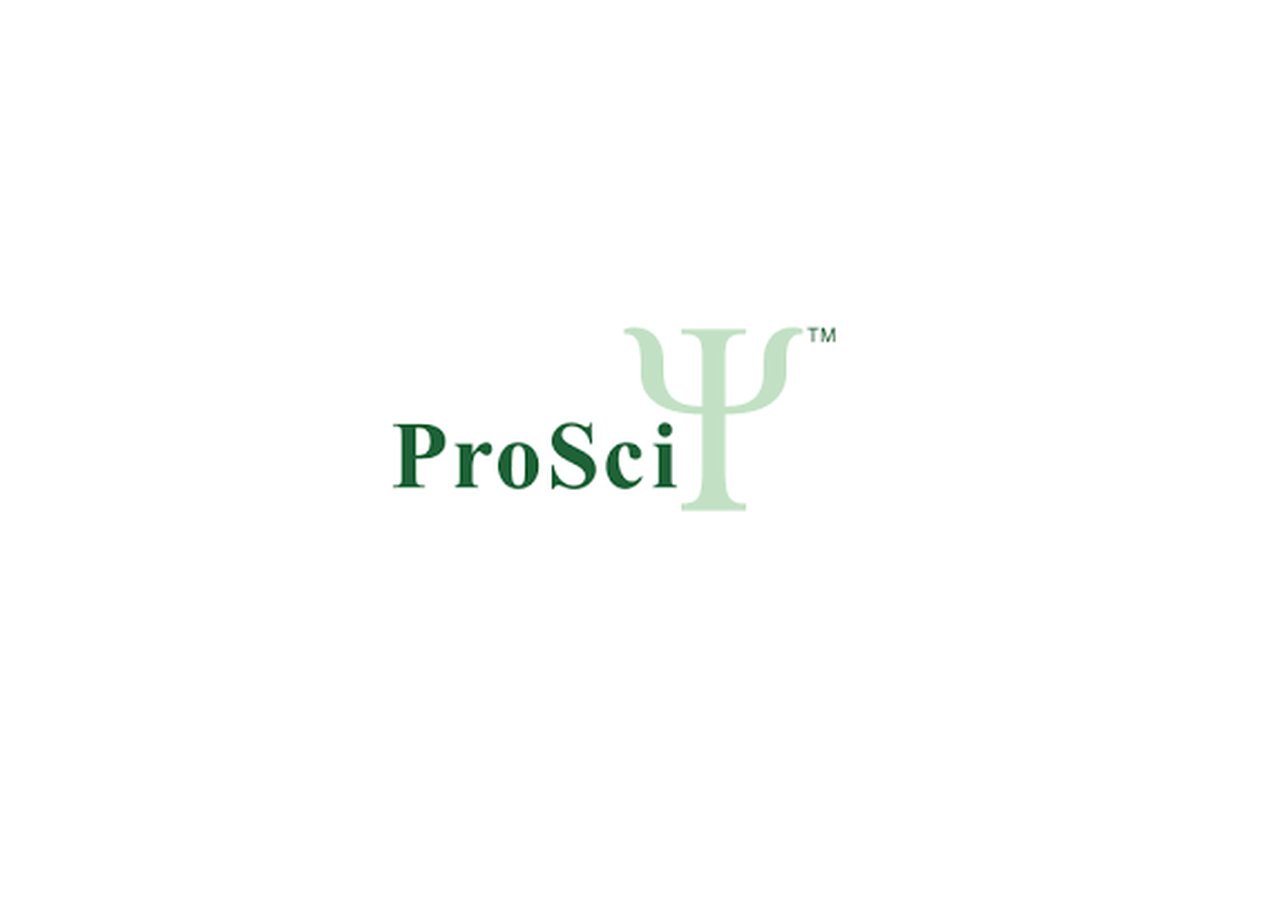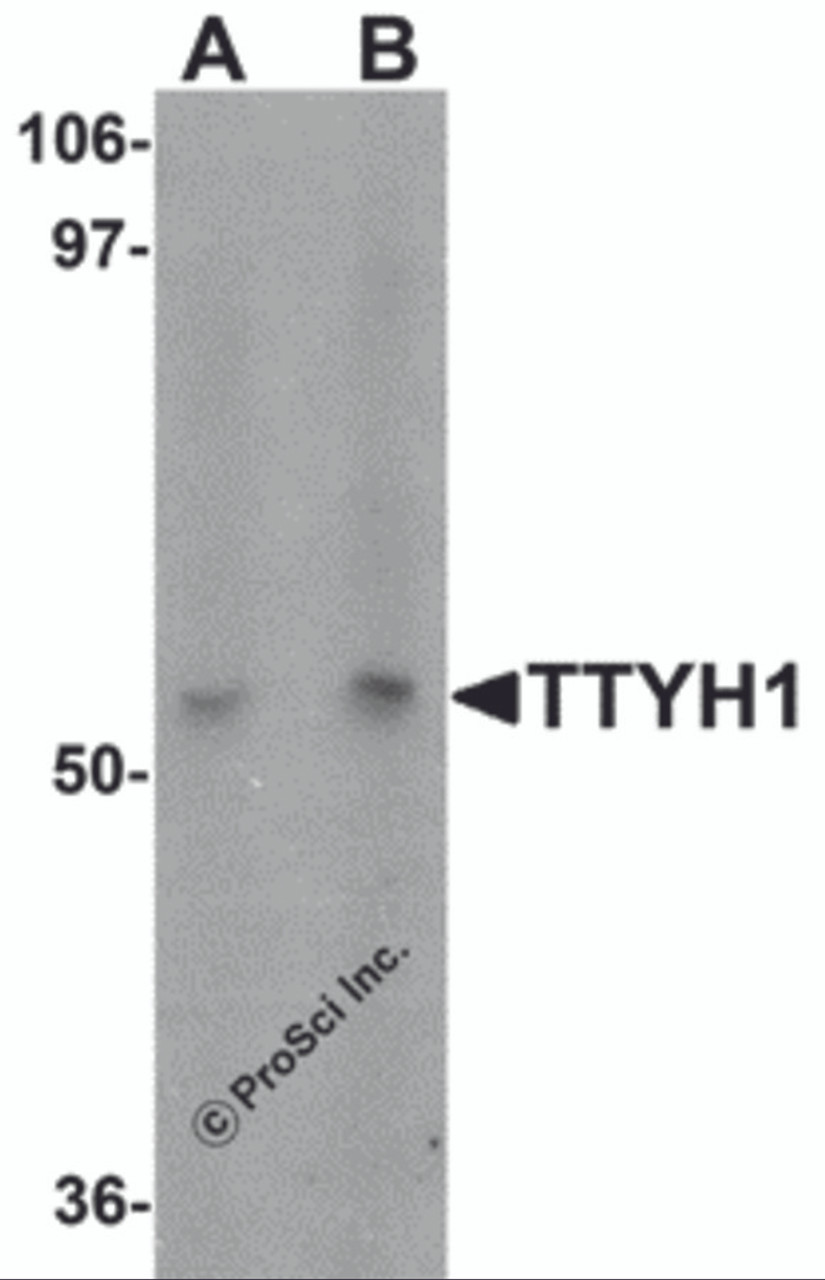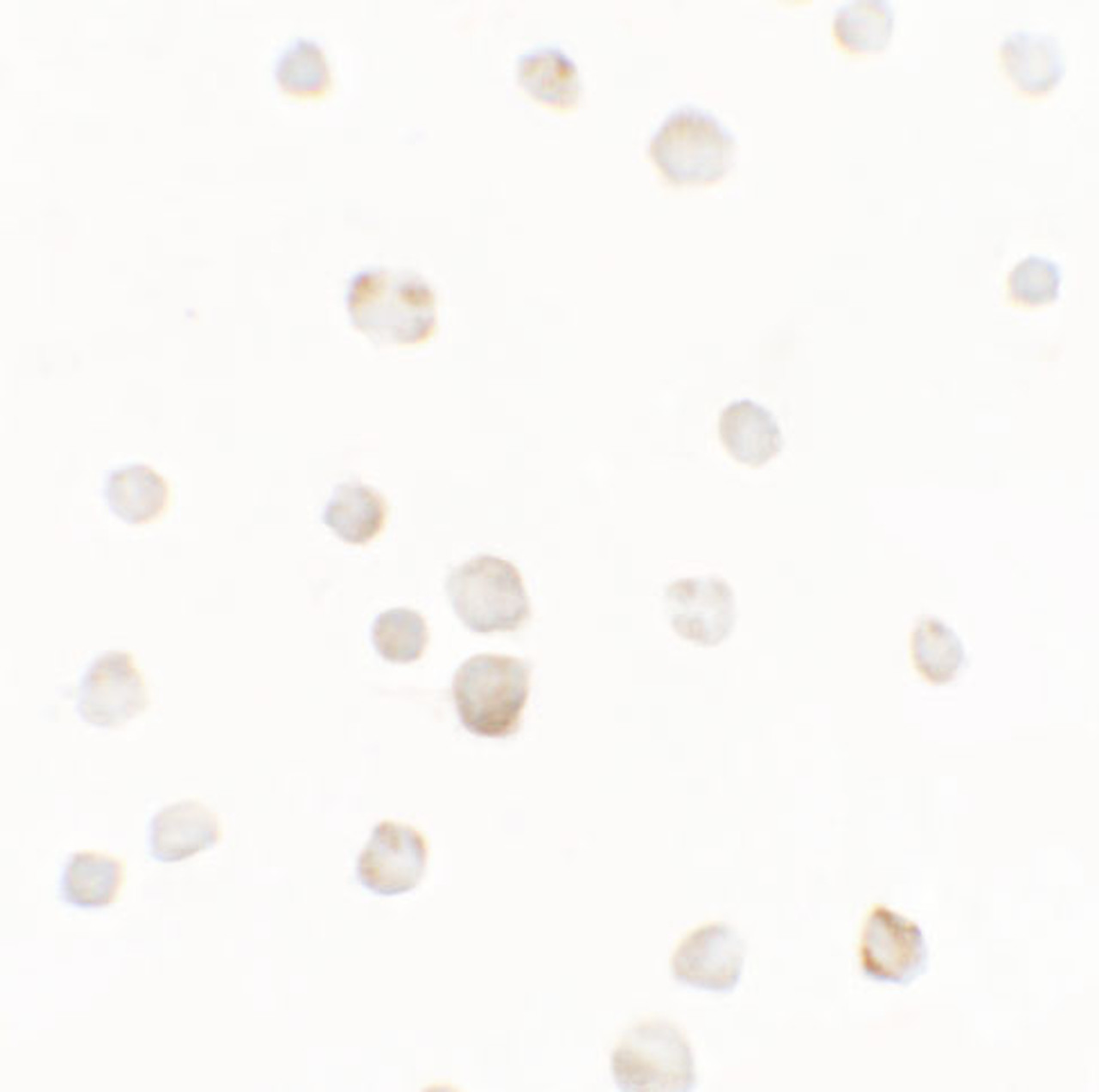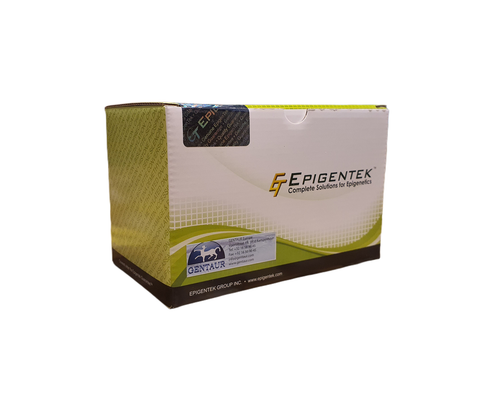Product Description
TTYH1 Antibody | 6883 | ProSci
Host: Rabbit
Reactivity: Human
Homology: N/A
Immunogen: TTYH1 antibody was raised against a 17 amino acid synthetic peptide near the carboxy terminus of human TTYH1.
The immunogen is located within the last 50 amino acids of TTYH1.
Research Area: Stem Cell
Tested Application: E, WB, ICC
Application: TTYH1 antibody can be used for detection of TTYH1 by Western blot at 1 - 2 μg/mL. Antibody can also be used for immunocytochemistry starting at 5 μg/mL.
Antibody validated: Western Blot in human samples and Immunocytochemistry in human samples. All other applications and species not yet tested.
Specificiy: TTYH1 antibody is human specific. Multiple isoforms of TTYH1 are known to exist.
Positive Control 1: Cat. No. 1207 - Raji Cell Lysate
Positive Control 2: Cat. No. 17-007 - Raji Cell Slide
Positive Control 3: N/A
Positive Control 4: N/A
Positive Control 5: N/A
Positive Control 6: N/A
Molecular Weight: N/A
Validation: N/A
Isoform: N/A
Purification: TTYH1 Antibody is affinity chromatography purified via peptide column.
Clonality: Polyclonal
Clone: N/A
Isotype: IgG
Conjugate: Unconjugated
Physical State: Liquid
Buffer: TTYH1 Antibody is supplied in PBS containing 0.02% sodium azide.
Concentration: 1 mg/mL
Storage Condition: TTYH1 antibody can be stored at 4˚C for three months and -20˚C, stable for up to one year. As with all antibodies care should be taken to avoid repeated freeze thaw cycles. Antibodies should not be exposed to prolonged high temperatures.
Alternate Name: TTYH1 Antibody: Protein tweety homolog 1, hTTY1
User Note: Optimal dilutions for each application to be determined by the researcher.
BACKGROUND: TTYH1 Antibody: TTYH1 is a member of the tweety family of proteins, a family of chloride anion channels containing five transmembrane regions. TTYH1 is a Ca2+-independent, volume-sensitive large conductance chloride (Cl-) channel. TTYH1 is primarily expressed in neural tissue and upregulated in astrocytoma, glioma, and several other cancers. Recent experiments have shown that TTYH1 is an integral endoplasmic reticulum (ER) membrane protein involved in cell proliferation and is thought to play an essential role in embryonic cell growth, possibly through the Ca2+ storage/release process in ER membranes during early development.
 Euro
Euro
 USD
USD
 British Pound
British Pound
 NULL
NULL
















